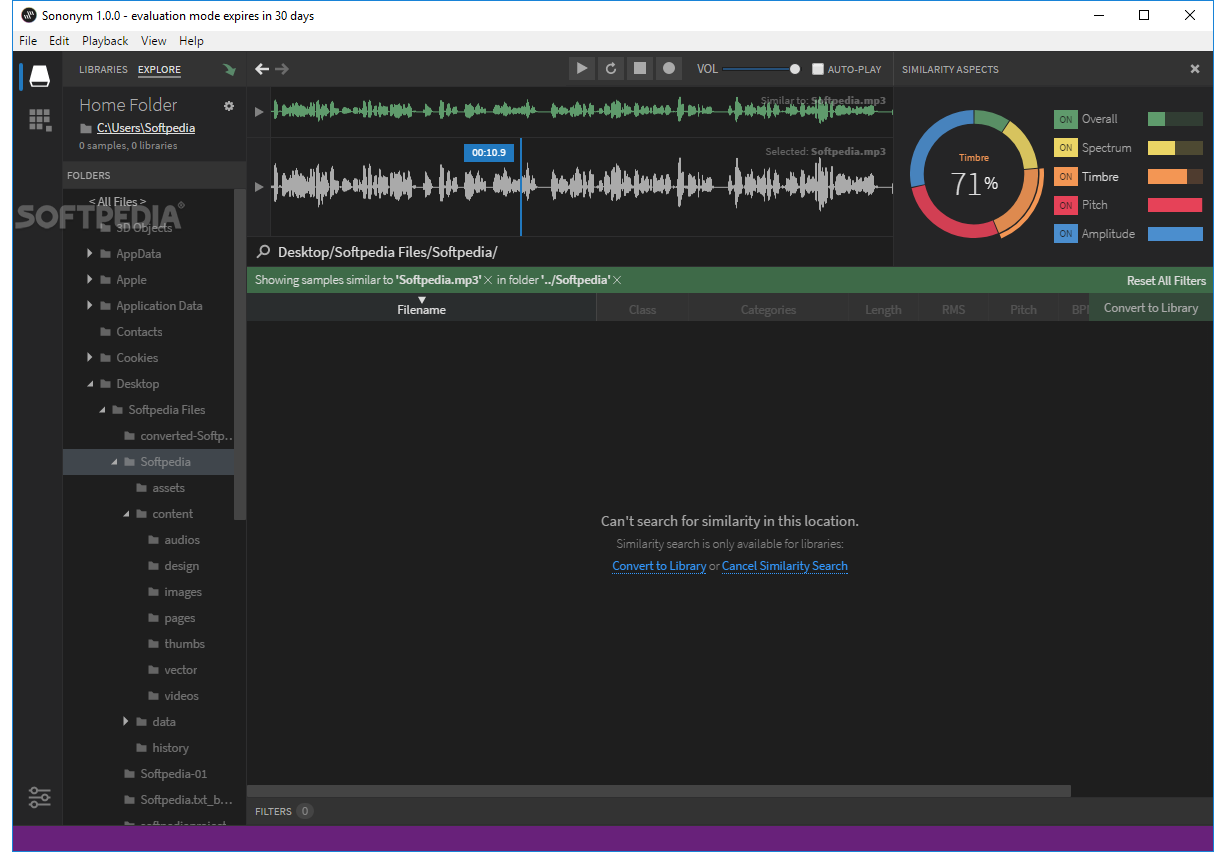


You would be hard-pressed to replace monosyllabic words like “the,” and “be,” or polysyllabic words like “demonstrable” with synonyms. Technical and scientific words are often unique: Words that are simple and have obvious word origins are often called primitives, and they generally have synonyms. These synonyms all have a similar meaning to the original word. The synonyms list for each of the different words allows you to build unique sentences in your writing. Male, guy, gentleman, fellow, dude, brother, father, sonįemale, gal, lady, mother, sister, daughter, girlīaby, infant, juvenile, kid, minor, toddler, teen, preteen, youth, youngsterĬomplication, dilemma, dispute, obstacle, trouble, issueĬonsider, glance, notice, peer, read, see, stareĬause, compose, form, shape, generate, prepare, manufacture, produceĪppreciate, learn, have, notice, perceive, see, recognize, realize These are examples for some of the most common words in the English language and the synonym list: Synonyms List Word With so many words out there, you will have little trouble finding synonyms. Almost every word has a synonym or near synonym. We typically use about 170,000 in modern communications. Use online resources, a printed thesaurus, or your own reader’s log.Įnglish has over a million words. These are called antonyms.Įxamples of synonyms in English are easy to find. Some words have opposite meanings of other words. In each case, we could replace the verb with “walked,” but the sentence's energy and mood would be lost.

Examples of synonyms include:Īmazing: astounding, surprising, stunningĪnnihilation: destruction, carnage, extinction The endless array of synonyms in the English language makes it possible to avoid repetition. Synonyms provide variety in a writer's speech or writing. Antonyms demonstrate contrasting ideas or objects and can provide clues about what a writer means.


 0 kommentar(er)
0 kommentar(er)
